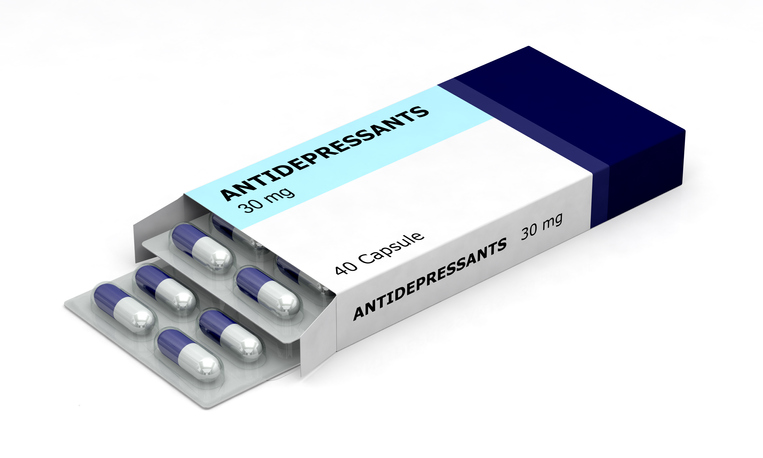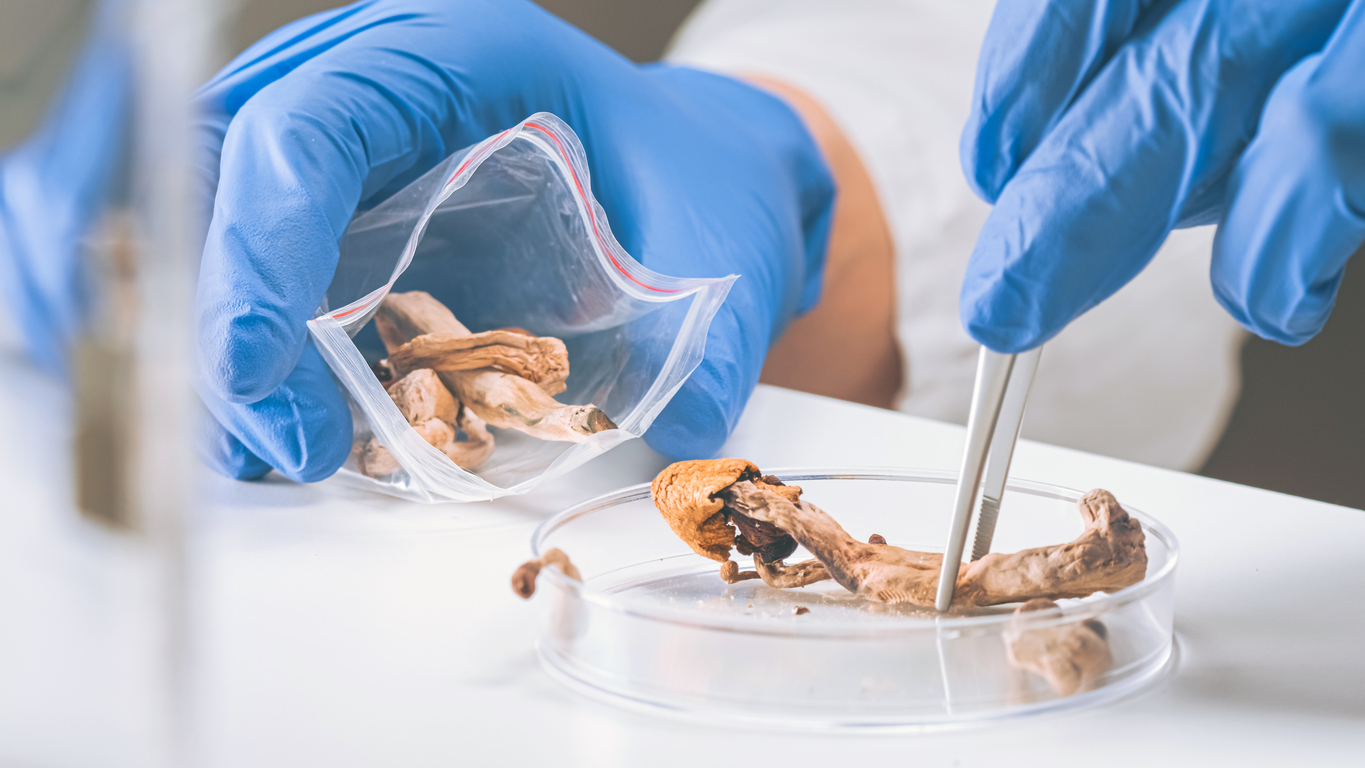Treatments
Coping With Nausea

4 people found this helpful
Print
Share
Save
Nausea is an unpleasant physical sensation often producing the urge or feeling that one is going to vomit. Nausea has various causes ranging from sensitivity to motion to a reaction to certain foods, medications or pain. It can also be a symptom of an underlying medical condition. Oftentimes, the cause of nausea is unknown.
Tips for dealing with nausea
Tips to help control the sensation of nausea include the following:
- Placing a cool compress on the back of the neck reduces body temperature that increases when nausea is experienced.
- Getting fresh air helps individuals refocus. Sitting in front of a fan or open window can help dissipate any odors that may aggravate nausea; it can also help cool the body temperature.
- Reclining with the upper body elevated keeps the upper stomach from compressing. Physical activity can aggravate nausea. However, lying down after eating is not recommended; lying down causes gastric juices to rise resulting in increased nausea.
- Applying acupressure can ease nausea. Gentle pressure applied approximately two and a half inches down from the hand between the two large tendons on the inner wrist can reduce nausea. Pressure should be applied in circular motions for a few minutes.
- Refocusing the mind by reading a book, watching television or playing a game on a cell phone draws attention to other things rather than the sensation of nausea.
- Deep breathing techniques can reduce stress and calm the mind to help relieve nausea. Deep breathing involves inhaling slowly through the nose, holding the breath for several seconds, then slowly exhaling through the mouth.
- Drinking cool liquids slowly throughout the day calms the symptoms of nausea; however, drinking while eating can increase nausea.
- Avoiding carbonated drinks helps prevent the worsening of nausea as the carbonation can cause bloating and worsen acid reflux.
- Drinking chamomile tea helps soothe the stomach and promotes sleep.
- Inhaling the scent of lemon, either fresh or in an essential oil, can help ease nausea. Adding fresh lemon to water and sipping it throughout the day also helps.
- Consuming ginger helps soothe nausea. Ginger has antiemetic compounds. Individuals can eat a small piece of fresh or candied ginger or drink ginger tea.
- Drinking or inhaling peppermint is a safe and effective way to reduce nausea. Peppermint tea can be made by pouring boiling water over fresh peppermint leaves. Inhaling the scent of peppermint also eases nausea.
- Following the BRAT Diet is often recommended to relieve symptoms of nausea. The BRAT diet consists of bananas, rice, applesauce and toast. When experiencing nausea, eating small and bland meals, rather than large and heavy meals, calms the stomach.
- Avoiding certain foods, such as fried foods, dairy products and foods high in fiber, when nauseated helps prevent the worsening of symptoms.
- Taking antiemetics often helps relieve nausea. Antiemetics are available via prescription or over-the-counter. These medications help relieve nausea.
- Adding vitamin B-6 into the diet can soothe symptoms of nausea; however, too much can worsen nausea and cause serious side effects. Vitamin B-6 should only be taken under the care of a physician.
- Using medical-grade cannabidiol (CBD) oil shows promising results of relieving nausea; however, research is ongoing.



















